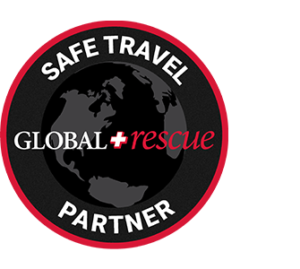Adverse reactions to vaccines, like any medication, are possible but generally rare. Most people who receive vaccines do not experience any significant side effects.
Common side effects from vaccines may include soreness, redness, or swelling at the injection site, low-grade fever, and mild aches or discomfort. Serious side effects are extremely rare but can occur.
However, if you have a history of severe reactions to vaccines or their components, it is essential to inform our medical staff during your pre-travel consultation. Also, helpful to know is if you have a history of fainting or presyncope/syncope.
The benefits of vaccination typically outweigh the risks associated with travel-related diseases. Our medical team is trained to recognize and manage any potential side effects that may occur.
If you have any concerns or questions about the side effects of a particular vaccine, please do not hesitate to contact us.




